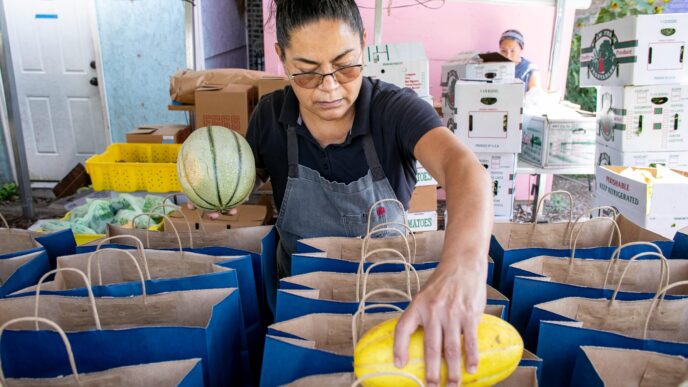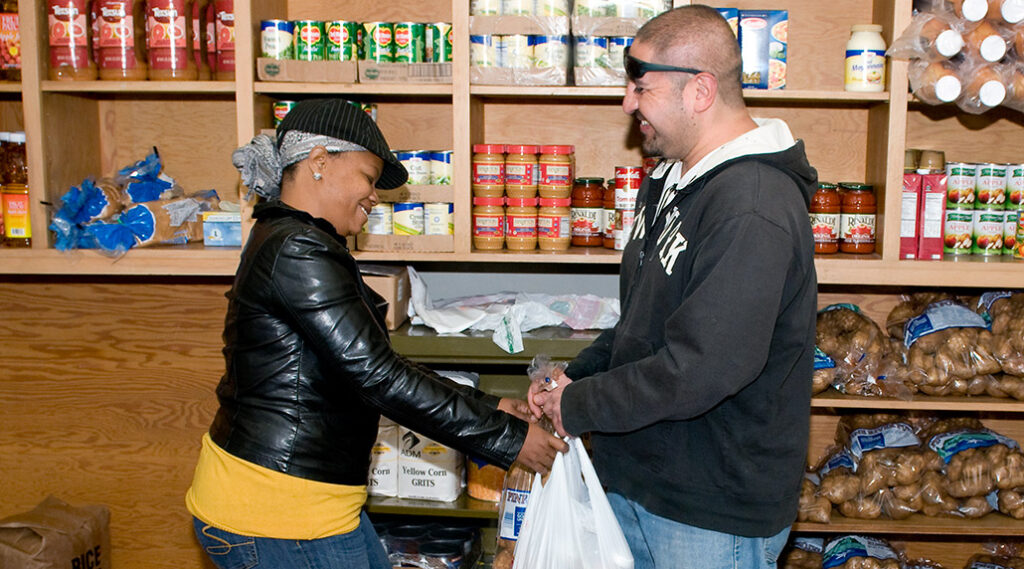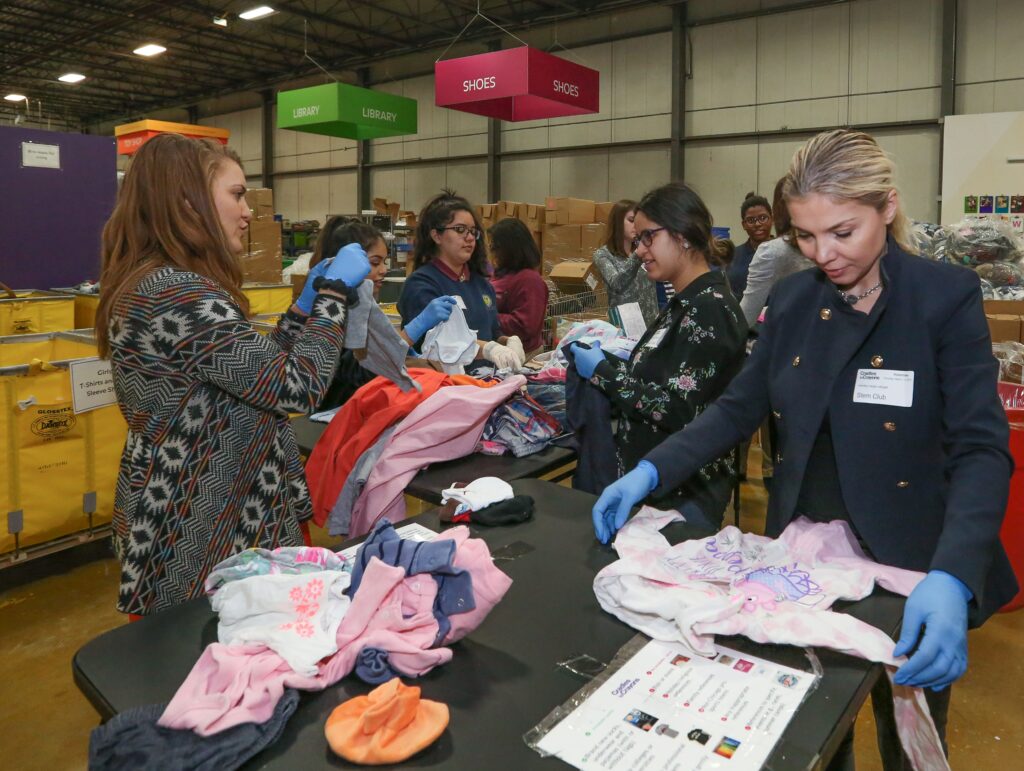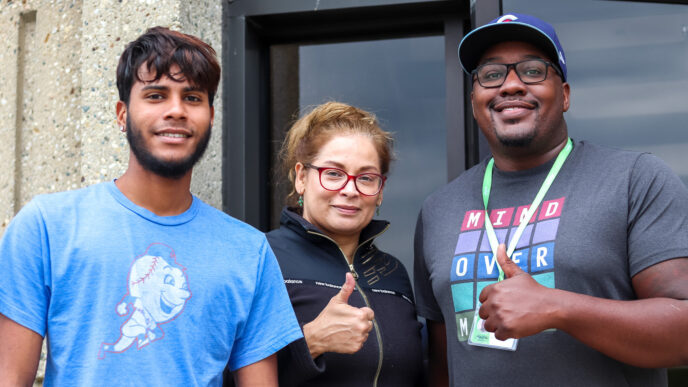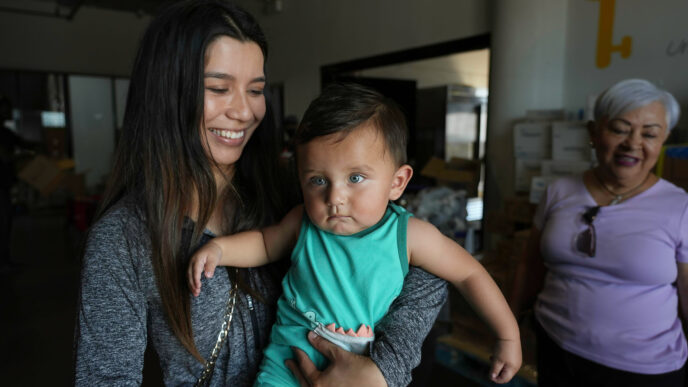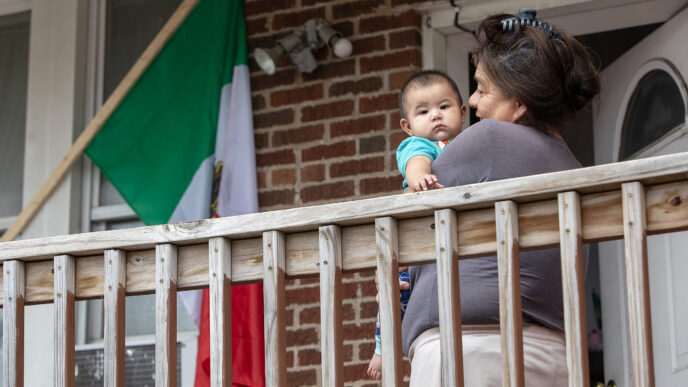Critical Needs: State of the Space
Access to healthy and secure housing is essential for individuals and families to achieve long-term stability and economic security. However, a financially vulnerable family struggles with economic hardships and higher levels of stress, delays getting health care, has trouble paying rent, and worries about having enough money for food.
According to the Financial Health Network Chicago Pulse report, staggering numbers of Black and Latine respondents reported struggling to make ends meet. More than half of Black and Latine respondents (59% and 52%, respectively) said they were unable to pay all their bills on time, compared to 18 percent of whites. Almost four in 10 Black and Latine residents (39% and 38%, respectively) reported that, over the last year, they worried about running out of food, compared to 11 percent of whites. In Chicago, 47 percent of renters are forced to spend more than 30 percent of their household income on rent and utilities and are considered “cost-burdened” by the city’s excessive housing costs.
Financial instability and a lack of affordable housing – now at a 10-year high – are significant drivers of Chicago’s dramatic increase in homelessness. The 2024 Chicago Point-in-Time Count estimated 18,836 people experiencing homelessness on any given day, over three times the number from 2023. This increase is largely attributed to the influx of asylum seekers who have come to Chicago since August 2022.
Gun violence is another urgent issue facing our region. The effects of gun violence are devastating to individuals, families and communities. The impact is felt throughout the region and poses a significant threat to Chicago’s vibrancy. Safety concerns inform how people live and feel in their communities, which challenges our economy and affects our overall quality of life. And while violence disproportionately occurs in Black and Latine neighborhoods, the direct costs of gun violence to the region are estimated at over $3 billion annually, including health care costs, police work, victim support, prosecution, and incarceration.
